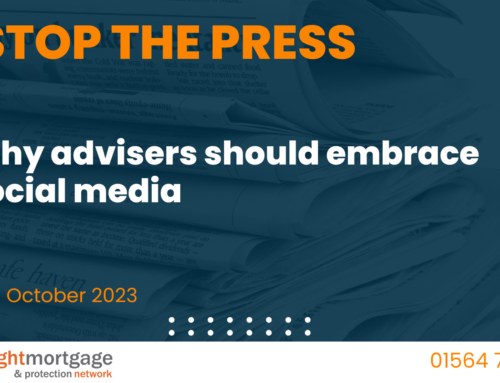We recently carried out research into the general public’s understanding of income protection and the size of their financial safety-nets to gain a better awareness of how informed ‘the man on the street’ is. Our findings were pretty concerning and raise a number of red flags of which advisers ought to be aware.
The first alarm bell is around long-term income protection. Our survey (conducted by Censuswide) asked over 2,000 people for how long they thought long-term income protection typically lasted. Only 1.6% of British adults were able to correctly identify that this form of protection could pay out until retirement. Of those surveyed, 55% thought that protection taken out by an individual aged 30 would last 10 years or less, and 45% didn’t think that the protection would last longer than five years. With such a large proportion thinking that long-term protection for a 30 year old would cease aged 35, there is clearly a huge misconception around terms which we, the industry, take as standard.
Perhaps more worrying, was the finding that over half of people (54%) don’t think their savings would last more than three months if they were out of work and nearly one quarter (23%) of those surveyed said that they either had no savings at all, or that those they did have wouldn’t last more than one month.
On top of this, there has been nearly a 50% drop since 2014 in the amount of people who have enough savings to keep them afloat for over six months. This has dropped from 31% in 2014 to just 16% in our survey at the end of 2016.
It seems that the general population isn’t simply under-prepared for being unable to work, but unaware of what financial protection is out there to provide support. If an individual is unable to work due to illness or injury, the Employment and Support Allowance provided by the Government is just over £70 per week (dependant on circumstances and National Insurance contributions). However, nearly half the population (47%) said that the Government is where they would turn should illness or injury prevent them from working.
Financial Struggle
This sum suggests that the majority of the British public would seriously struggle financially if they were struck by a work-impeding illness or injury. Some 71% of those we surveyed would lose up to £300 of their weekly income if they only had the Government’s allowance to rely upon.
While no-one plans to fall ill or suffer a work-impeding injury, our nation appears to be poorly financially prepared should this happen. While our findings are certainly shocking, we hope that this research will serve as a wake-up call. This lack of understanding must be rectified in order to prevent thousands facing financial hardship, due to confusion around what protection is available and an over-estimation of what support will be provided by the State. Now is the time for our industry to take heed of these findings and focus on helping to educate the public and, hopefully, our future customers.
For more information download our ‘Optimistic or idealistic?’ infogaphic or contact our Sales Team on 0800 587 5098 option 2.
Rebecca Young, Head of Marketing at Cirencester Friendly





